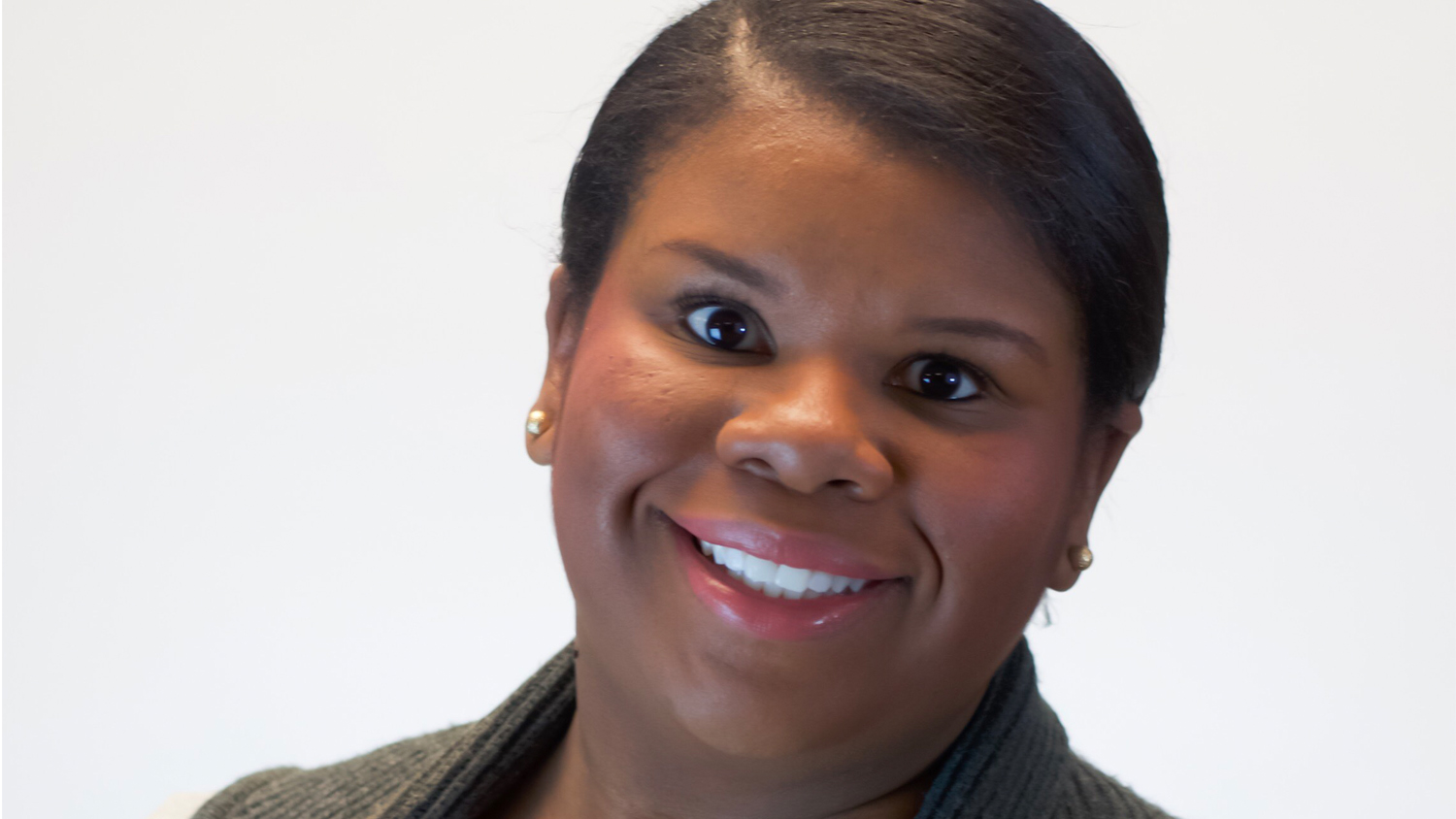Meet Jamie N. Pearson: I Translate Research Into Strategies To Support All Children’s Needs

“African American and Latino children with autism spectrum disorder have faced disparities in diagnoses and equitable access to services,” says the assistant professor of special education. “My commitment to equity in special education stems from my passion for helping families address these disparities.”
This is part of a series of profiles of faculty who joined the College of Education in 2017.
Jamie N. Pearson
Education: Ph.D. in Special Education, University of Illinois, Urbana-Champaign; Master of Arts in Psychology, North Carolina Central University; and Bachelor of Arts in Psychology and Bachelor of Arts in Sociology in University of North Carolina at Chapel Hill.
Experience: ABA Program Consultant, Home Based Programs; Teaching Assistant, Department of Special Education, University of Illinois, Urbana-Champaign; Teaching Assistant, Department of Special Education, University of Illinois, Urbana-Champaign; Aba Therapist, Home Based Programs; Paraprofessional for Children with Developmental Disabilities, A Small Miracle; Paraprofessional in Mental Health, Southeastern United Care; and Tutoring Site Leader, Mastermind Learning Prep.
Why I Chose the NC State College of Education: Given my passion for research and teacher preparation around disability, underrepresented families, and inclusion, I was particularly excited to join NC State’s interdisciplinary College of Education. I chose to join the College of Education because of the opportunities to engage in collaborative research and teaching and to be a part of a college that is committed to social justice and values diversity.
Why I Chose the Field of Education: Historically, African American children have been overrepresented in special education. More recently, African American and Latino children with autism spectrum disorder have faced disparities in diagnoses and equitable access to services. My commitment to equity in special education stems from my passion for helping families address these disparities.
My Research Interests: My research interests include: (a) investigating disparities in the diagnosis of autism spectrum disorder and access to services for children of color and their families, (b) implementing and evaluating culturally responsive school-based, behavioral interventions for children with disabilities, and (c) providing training and education that will enable both parents and teachers of children with disabilities to better advocate for services.
What Drew Me to This Research: I have been working with children with disabilities and their families, in various capacities, for more than 10 years. I became particularly interested in autism research after writing a master’s thesis that explored college students’ knowledge and perceptions of autism.
My Teaching Philosophy: My research and teaching interests are the foundation for my belief that my greatest responsibility as a teacher educator and scholar in the field of special education is to translate research findings into strategies that can be implemented by teachers, parents, and service providers to support the needs of all children. My goal is to ensure that these strategies are feasible, practical and culturally responsive in their design and implementation.
How I Developed This Teaching Philosophy: My teaching philosophy stems from years of working with families, teachers, service providers, and teacher educators who have all impacted me in different ways. I believe that those experiences have helped to shape my philosophy and passion for building bridges of partnership between teachers and parents.
What I Hope Students Learn from Me: I hope that my students will learn about the importance of collaborating with families and the importance of valuing cultural and intellectual diversity. I hope they tap into their passion for teaching as motivation to make every day in the classroom the very best day possible.
- Categories:


